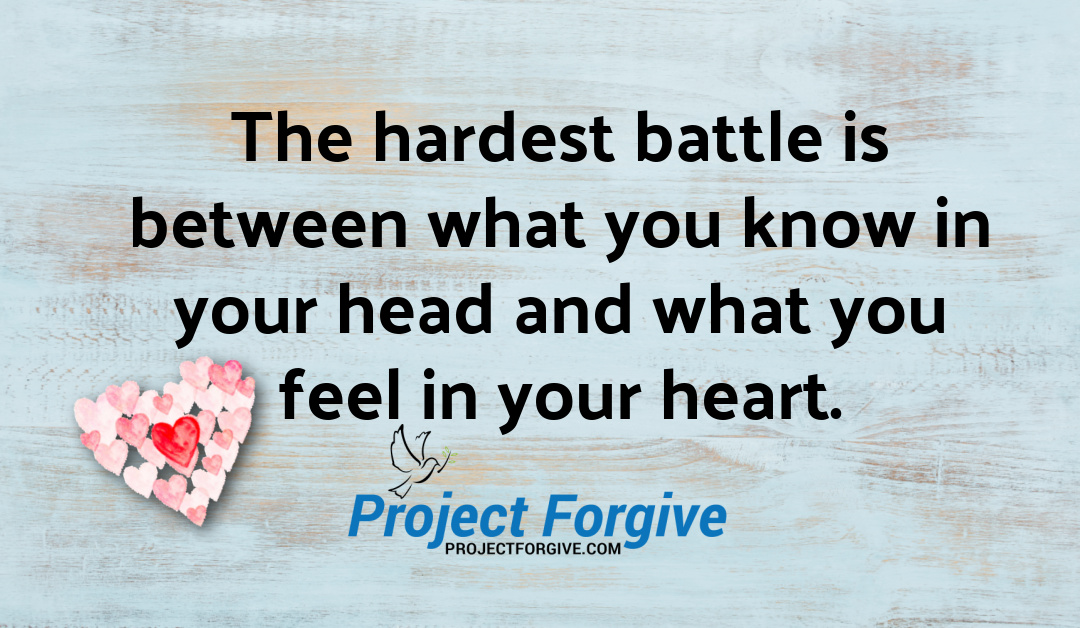Words matter. It gets old being told you’re overly sensitive and that you take things personally. But wait.
We’re humans interacting with other humans, sometimes something is said, and it hurts. It gets under our skin. We took it personally, well, because it was personal.
But where do you draw the line? When are we just being overly sensitive and taking on an accusation, a situation that has nothing to do with us?
How do you distinguish when something is just pushing your buttons versus being a legitimate upset? Increasing self-awareness helps you avoid unnecessary pain and helps you balance the discomfort.
Instead of that automatic reaction, or being a ball loose in a pinball machine, pinging away wherever that ball takes you, here are a few things to consider when digesting and assessing something that feels personal.

Assess. Is that other person’s rudeness really about you, or is it just a reflection of their own stuff and their own issues? Chances are high, when you step back, take a breath and assess, it’s rarely about you and it’s not personal at all.
Inquire. Take another perspective. Pivot, look at it differently. What else could that comment or behavior mean? If your neighbor didn’t wave at you, or someone didn’t smile at you, maybe they are in back pain (I know, right?)
Listen. If you feel emotional and want to react, let your emotions take a back seat and ask the person to explain more fully what they are sharing. Sometimes our knee jerk reaction is based upon the first few sentences of what someone is sharing and all explanations go out the window because we’re already gone down the path of taking it personally.
When you’re not in the heat of the moment of being reactive, here are a few more things to examine that may support you in a future circumstance that feels personal or attacking:
– Take another look and consider how an unbiased outsider would see the situation. That emotional distance allows you to look at things from other angles.
– Realize this one truth: You cannot please everyone. It’s never going to happen. Easing up on the attachment of pleasing people will start allowing you to take things a lot less personal.
– Know that you are never defined by any mistake or criticism. Feelings come and go. We’re human we make mistakes, it’s part of our experience. How you treat yourself when you make a mistake is what’s most important.
– You depend on you. This is a toughie. Your self-worth depends on you and you alone. No one can make you feel better. No one can stop you from feeling guilt, shame, or feelings of reactivity when you’re in the midst of taking something personally. Only you can do that for yourself.
Here’s one thing you do when you’re feeling especially reactive: Walk away.
Give yourself some time to digest the situation and to help you not say something that you’ll later regret. Taking that break can make all the difference.
And, we have to offer you kudos for your efforts.
It takes courage to look at yourself and discern if and when you’re taking things too personally.
We’re cheering you on.
Joy,
Dr. Shawne


